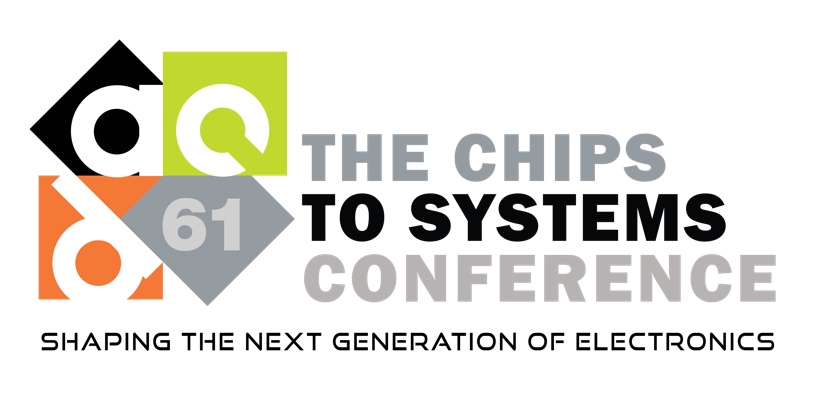Presentation
SpectraFlux: Harnessing the Flow of Multi-FPGA in Mass Spectrometry Clustering
DescriptionThe identification and quantification of proteins through mass spectrometry (MS) are foundational to proteomics, offering insights into biological systems and disease states. However, current clustering tools struggle to process large-scale datasets. We propose SpectraFlux, a multiple FPGA-based architecture for accelerated mass spectrum clustering that outperforms existing CPU, GPU, and FPGA designs. It employs heterogeneous clustering kernels for adaptive bucket size management and optimizes memory usage by distinguishing between on-chip and high-bandwidth memory (HBM) storage solutions. SpectraFlux is built upon the TAPA-CS framework, which automatically compiles and partitions a large dataflow design across multiple chips with RDMA-based inter-FGPA communication. Our solution shows 2.7× speed up on a quad-FPGA platform compared to a single FPGA. Additionally, we introduce a refined cost model for frame-based inter-FPGA communication to better accommodate the variable data rates inherent in proteomic data processing, which reduces the inter-FPGA data movement by up to 73%. Finally, SpectraFlux achieves speedups of up to 11× and 17× over SOTA FPGA and GPU accelerators, respectively。
Event Type
Research Manuscript
TimeWednesday, June 264:15pm - 4:30pm PDT
Location3003, 3rd Floor
Design
SoC, Heterogeneous, and Reconfigurable Architectures


